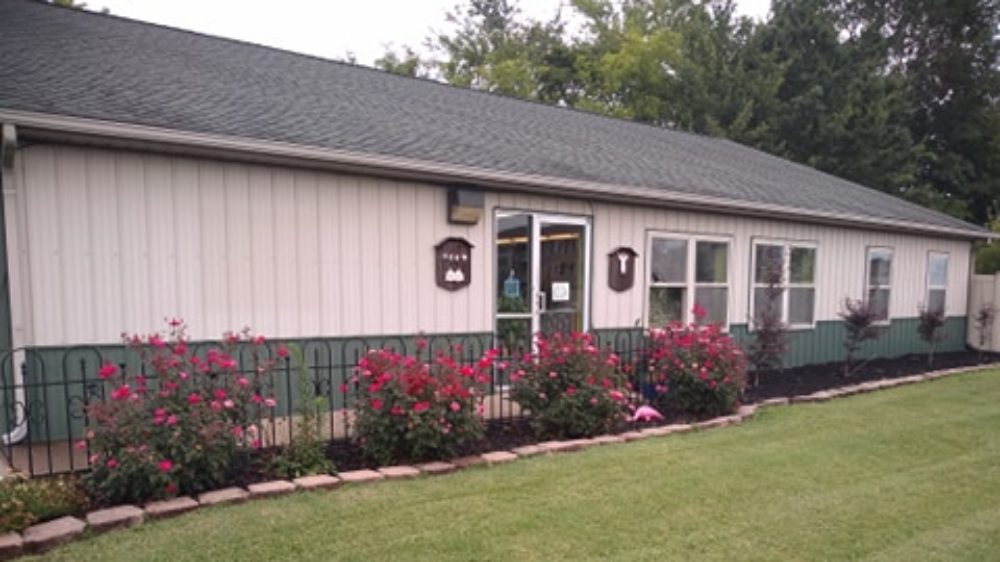 It’s time to start another year of preschool, and parents who have children in day care are excited to get children out of day care and into a learning environment. But some kids aren’t ready for preschool because they are still developmentally two, and they need to catch up to that magic number three before preschool will “fit” properly. Now what does that mean? Let me begin at the beginning.
It’s time to start another year of preschool, and parents who have children in day care are excited to get children out of day care and into a learning environment. But some kids aren’t ready for preschool because they are still developmentally two, and they need to catch up to that magic number three before preschool will “fit” properly. Now what does that mean? Let me begin at the beginning.
An infant is an infant for about a year. During this first year, children learn some primary and ultra important things that will stay with them all their lives…or be missing all their lives. One of those things is safety. The arms of a constant loving adult is crucial to forming a child. The feeling of inclusive, stable, safe, and secure is primary to the human psyche. If children have too many care providers, have too many changes or who are not loved, they grow up with a steady stream of doubt. Security builds a strong independent child who believes in himself.
When a child begins to walk, he is no longer an infant. He’s a toddler. A toddler’s sole interest is movement. Every toddler should be allowed to run as much as he can every day. Running is often hard on parents, but through constant movement, a child is learning how his body works. He is learning how the world works around him as he runs to explore and discover. When parents allow a child to move, they have the advantage of actively teaching the word “no,” which is the primary command a child needs to know inside and out in that second year.
Movement that encourages physical strength, hunger, agility, all promote kinds of learning that help little guys grow up thinking and doing, and ultimately they will make a parent’s life so much easier. It’s a lot easier for a child to climb into his car seat to be buckled, than a child who can’t. Hunger will discourage picky eaters, agility will allow a parent to take a child more places, because a child will be able to handle stairs, escalators, chairs, pews and other adult obstacles.
In the third year…age two to three…when the child has developed his body a little, the next step is to teach him to sleep in a big bed, use the toilet, dress himself, sit and eat at the table without spilling or making a mess. A child needs to learn to talk, to wait in line, to stand with an adult without clamoring to be picked up or bolting in a parking lot. He needs to be able to pick up most of his toys and know how to put things away.
He learns to rely on a schedule that makes him feel safe and addresses all his needs. Children who go to bed at the same time will get enough rest and will usually rise at the same time. Children who have a regular meal plan and regular meal time will have the energy and vitality to get through the day without meltdowns and erratic naps. Children who are reminded to use the toilet will not have as many accidents. “We always use the toilet before we leave the house.”
Now, with all this accomplished, the next step is preschool. The difference between day care and preschool is only one enormous thing…listening. Great parents constantly talk to their child and expect their child to not only respond, but to engage them in real conversation. By using the word “what” instead of “why” (because a child younger than six does not have the cognitive skills to wrap their minds around why) when talking to a young child, children will understand more and begin to take an intellectual interest in the world.
The most important thing a child learns in a good preschool is how to listen. When a child has learned the word “no” and has learned to follow the directions that taught him to use the toilet, dress himself, eat at a table, and pick up his toys, he is ready to learn to listen to a story without interrupting or making himself the center of attention. He is ready to abandon tandem play and begin to play with another child. He is ready to make friends for keeps and earn the respect of his teachers for his efforts.
A good preschool recognizes that a three, four or five year old child needs a lot of activities that show him more of the world than he can get at home. There should be a good structure with lots of varying activities. Toys should be abundant, art activities should be both a learning process and a creative outlet. Stories should make children laugh, and recess should be regular and physical. Then, and only then, will the work done at home be hand in hand with the work of the preschool.
Is my child ready to listen? Is he ready to listen to learn? That’s the question.
